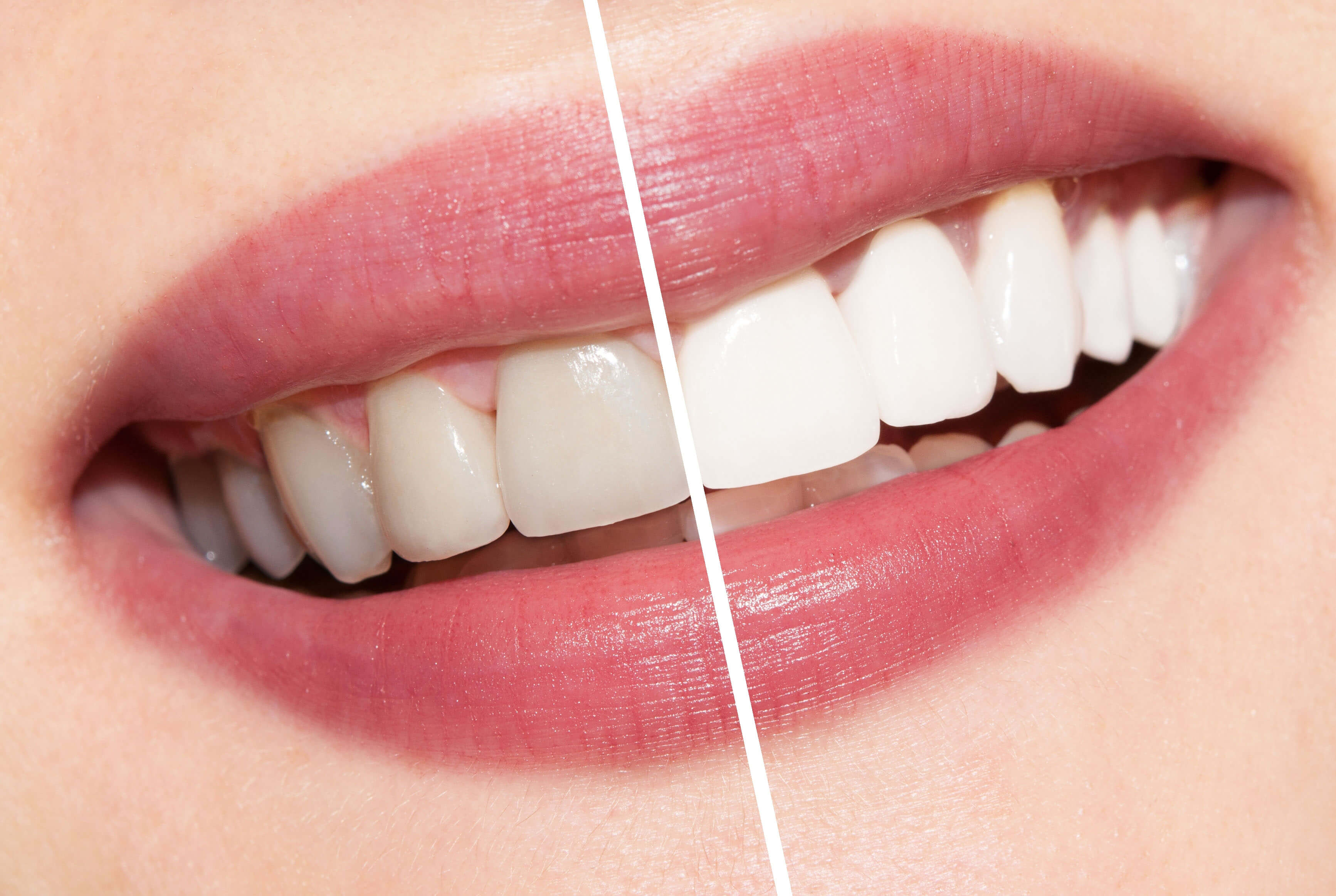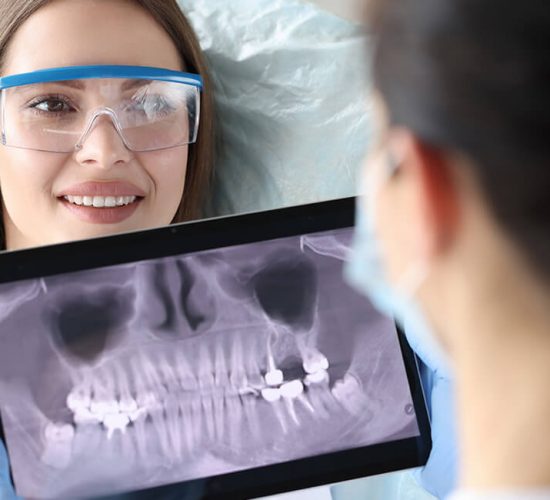
This is a short check list of things you need to consider before you decide on a teeth whitening treatment. Once you’re up to speed with the main things to think about you can explore the issues in more detail throughout the website.
Should I be whitening my teeth?
Not everyone’s teeth are suitable for whitening. If your teeth and gums are not in a healthy condition before you whiten, the procedure may cause more damage. Even if there is nothing wrong with your teeth there may be other reasons why whitening won’t work.
How can I find out if my teeth are suitable for whitening?
The safest way to work out if your teeth are suitable for whitening is to see your dentist first. Dentists are the only people trained and qualified to make an accurate dental assessment of your teeth and gums.
What should a proper assessment include?
Your dentist will check for things like enamel thickness, receding gums, existing sensitivity, existing tooth decay, existing restorations (e.g. fillings, crowns and veneers), any other emergency denistry diseases or conditions. He will also assess the cause of discolouration, (e.g. diet, ageing etc.) and whether it is on the surface or inside the teeth. Only a qualified dentist is able to carry out these checks and then recommend a suitable whitening treatment.
